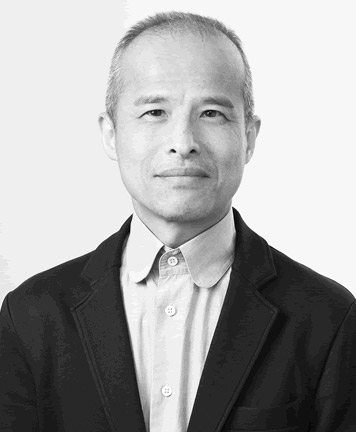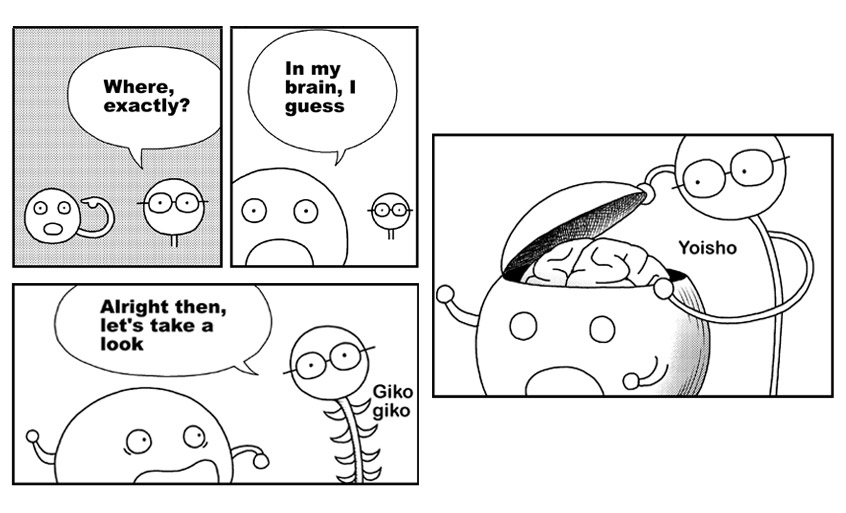You are invited to a lecture on July 2 by Masahiro Morioka, professor of philosophy and ethics at Waseda University (Tokyo, Japan). This lecture looks into the possibility of conveying philosophical ideas using manga (Japanese comics). In 2013 Professor Morioka published a book in Japanese entitled “Manga Introduction to Philosophy,” that was very well received. Unlike many manga books that deal with philosophical subjects or the history of philosophy, this particular book offers a different approach. The author discusses issues such as time, existence, solipsism, as well as the meaning of life by using manga as a medium of representation in an easy to comprehend and straightforward manner. The original drawings are prepared by the author himself while the final drawings are made by a professional cartoonist. This lecture will feature manga drawings selected from the book and used to discuss the utility of using manga as a medium to convey philosophical ideas to the younger generations. This is the eighth installment in the “TUJ Philosophy Lecture Series,” organized by Adjunct Professor Jordanco Sekulovski.
The TUJ Philosophy Lecture Series is a non-profit forum of Temple University, Japan Campus (TUJ) for the promotion of critical thinking. The lectures are free, open to the public, and feature speakers from universities around the world. The lecture series is a great way to learn about recent research in philosophy and in the humanities as a whole.
- Date:
- Monday, July 2, 2018
- Time:
- 19:00 – 20:30 (doors open at 18:30)
- Venue:
- Temple University, Japan Campus, Azabu Hall, 1F The Parliament Student Lounge (access)
- Admission:
- Free
- Language:
- English
- Registration:
- Not required
For more information, contact tujresearch@tuj.temple.edu; philosophy_series@tuj.temple.edu

About the Lecturer
Masahiro Morioka is a professor of philosophy and ethics at Waseda University, Japan. He is considered a leading philosopher in contemporary Japan. He worked as a research associate for eight years at the International Research Center for Japanese Studies. He is one of the earliest specialists in the field of bioethics in Japan. Notable works include: “Brain-Dead Person” (1989), “Consciousness Communication” (1993), and “How to Live in a Post-Religious Age” (1996), which was written as a reaction to the 1995 Sarin gas attack by the Aum Shinrikyo cult.

